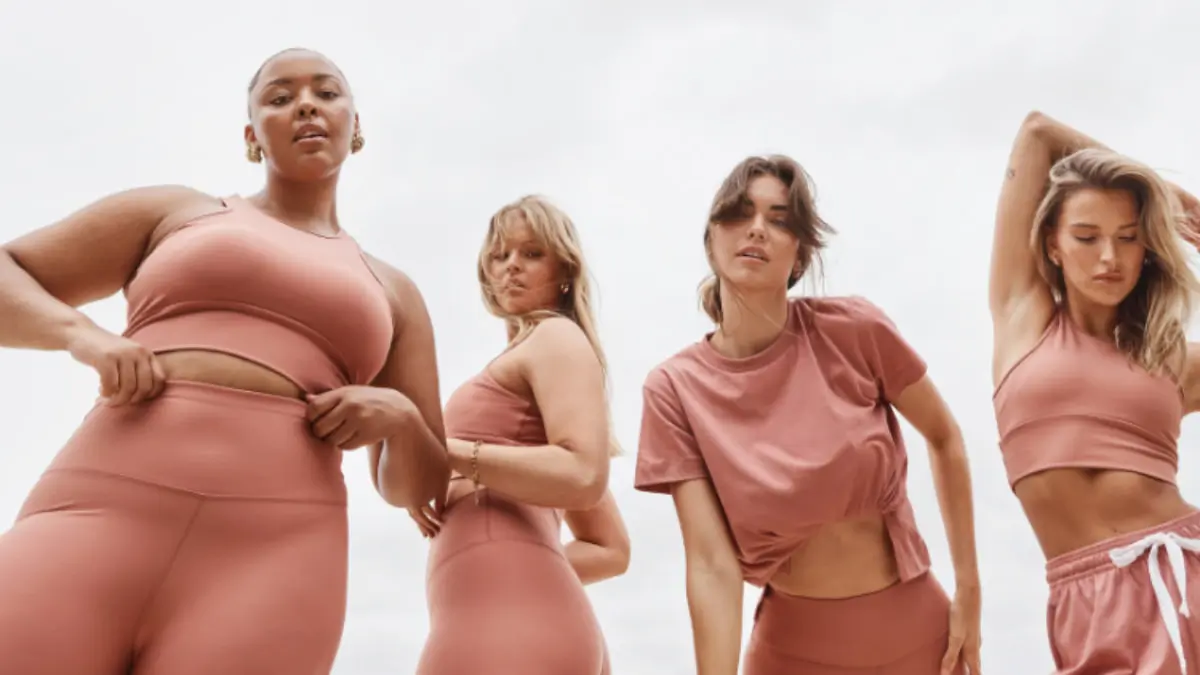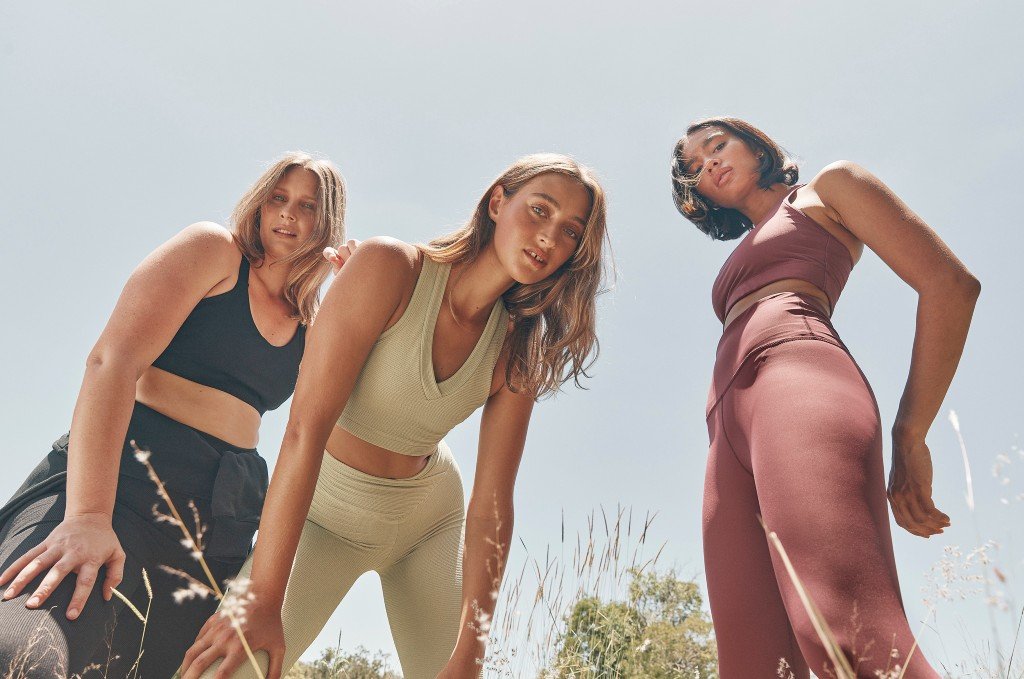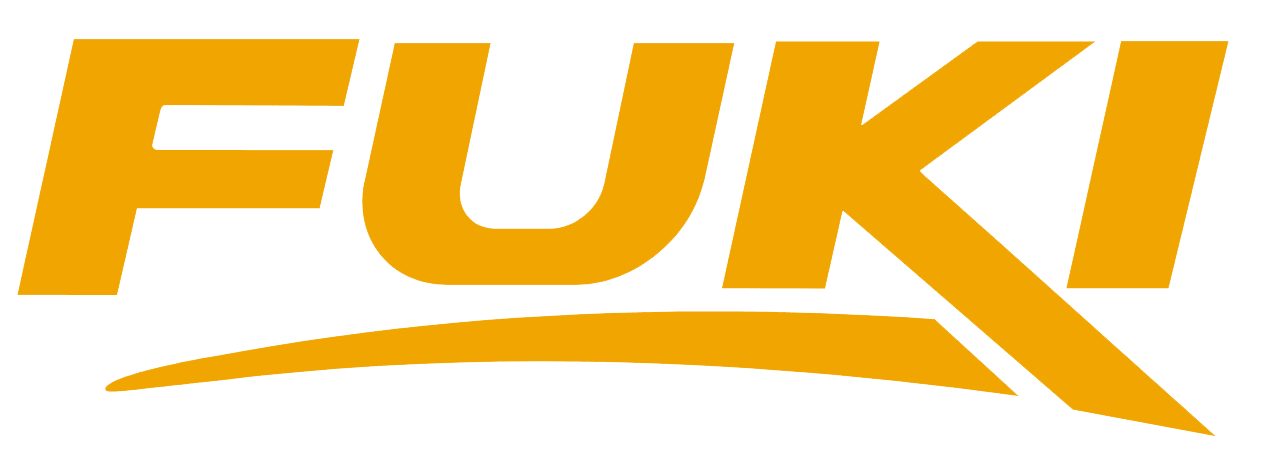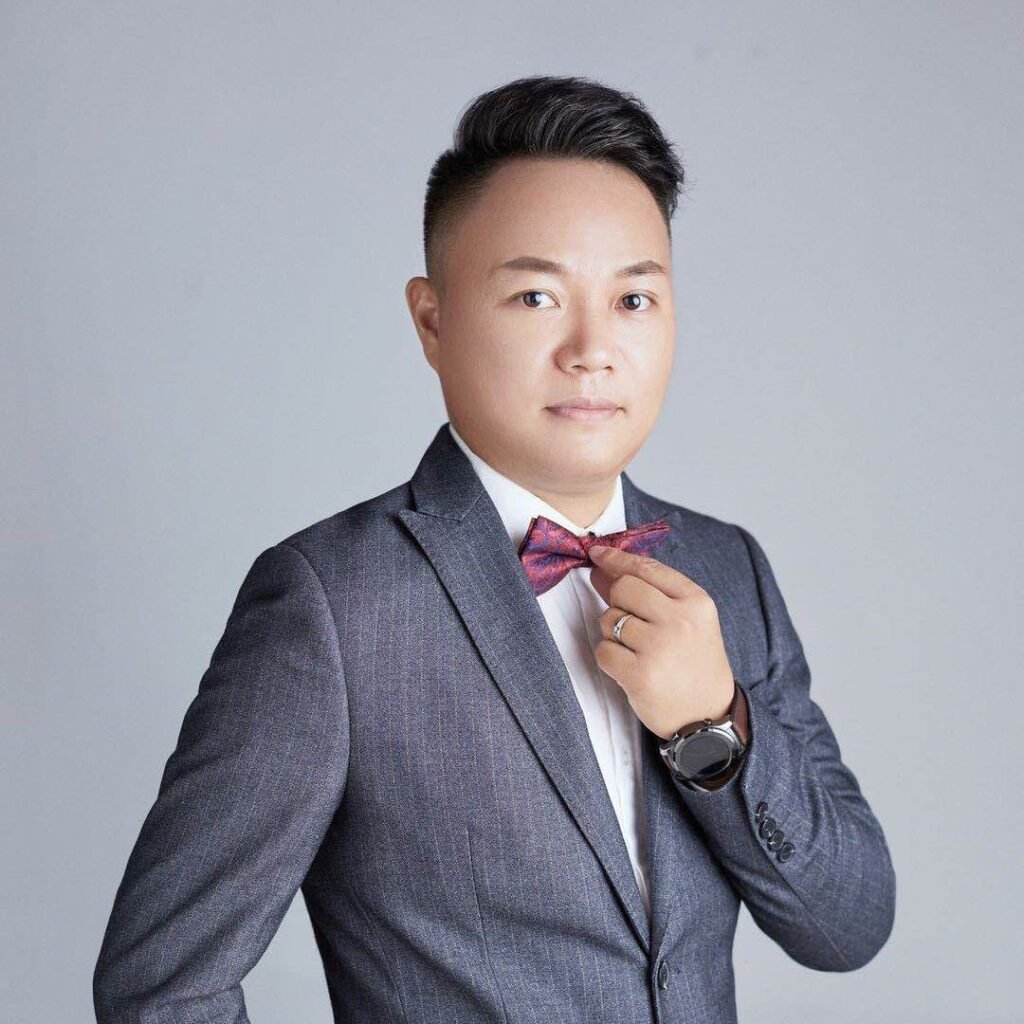When I first discovered DK Active, I was drawn to their minimal aesthetic and eco-conscious message — but like many others, I wanted to know: Who actually owns this brand?
After looking into their story and manufacturing background, the answer became clear.
DK Active is an Australian-owned activewear company founded by Danielle Kay, and all production takes place locally in Brisbane, Australia.
This independence is part of what makes DK Active so respected among sustainable fitness brands today.
Table of Contents
- Quick Answer
- 1. Who Founded DK Active
- 2. Where DK Active Is Based and Manufactured
- 3. Why Australian Ownership Matters
- 4. DK Active’s Sustainability and Ethics
- 5. DK Active vs. Other Global Activewear Brands
- FAQs
- How FuKi Yoga Supports Global Sustainable Brands
Quick Answer
DK Active is privately owned by Australian founder Danielle Kay, who started the brand to merge performance wear with responsible production.
The brand is not part of a corporate conglomerate — it’s an independent, female-led company producing all garments in its Brisbane-based solar-powered factory.

That independence gives DK Active creative control and full transparency — something rare in today’s fast-fashion landscape.
1. Who Founded DK Active
The initials “DK” stand for Danielle Kay, the founder and managing director.
She launched DK Active in 2017, combining her background in fitness, design, and business to create a premium ethical activewear label.
From my experience working with global yoga brands, this founder-led model often results in:
- Stronger quality control
- Authentic storytelling
- More consistent brand values
Danielle remains hands-on with production, design, and sustainability partnerships — ensuring DK Active never loses its original vision.
2. Where DK Active Is Based and Manufactured
Unlike most activewear brands that outsource production, DK Active manufactures locally in Brisbane, Australia.
Their facility features:
- Solar-powered energy systems
- On-site patternmaking and cutting
- Ethical working conditions
- Recycled packaging operations

Producing locally allows DK Active to reduce carbon emissions and ensure 100% traceability — from fabric to final product.
As someone who’s toured several activewear factories, I can confirm: few brands maintain this level of local integration.
3. Why Australian Ownership Matters
Being Australian-owned and operated gives DK Active a unique position in the market.
| Benefit | Description |
|---|---|
| Transparency | Direct control over every production step. |
| Sustainability | Easier to implement waste-reduction systems. |
| Community Impact | Local employment and ethical labor support. |
| Brand Trust | Customers value “Made in Australia” credibility. |
This approach proves that scaling ethically is possible — you don’t have to sacrifice sustainability for growth.
4. DK Active’s Sustainability and Ethics
What I admire most about DK Active is how they integrate ethics into every stage of production.
Their key commitments include:
- Using organic cotton, recycled nylon, and Italian performance fabrics (Vita)
- Designing for longevity and recyclability
- Using biodegradable mailers
- Maintaining fair wages and safe workspaces
In the world of activewear, this puts DK Active in the same conversation as Girlfriend Collective, Patagonia, and other leading eco-conscious labels.
5. DK Active vs. Other Global Activewear Brands
| Brand | Ownership | Production Location | Sustainability Focus | Typical Price Range (USD) |
|---|---|---|---|---|
| DK Active | Danielle Kay (Private, Australia) | Brisbane, Australia | Very High (Local + Solar) | $80–$130 |
| Lorna Jane | Privately owned | Offshore (Asia) | Moderate | $70–$120 |
| Alo Yoga | Privately owned (US) | China | Medium | $90–$160 |
| Lululemon | Public company (Canada) | Offshore | High (R&D-focused) | $100–$180 |
| FuKi Yoga | OEM/ODM Manufacturer | China | High (Recycled fabrics, ethical factories) | Custom quotation |
This chart clearly shows why DK Active’s model stands out — local production with sustainable intent, not marketing spin.
FAQs
Q1: Is DK Active owned by a large corporation?
No. DK Active remains independently owned by its founder, Danielle Kay.
Q2: Is DK Active a sustainable brand?
Yes — they prioritize renewable energy, recycled materials, and fair labor.
Q3: Are DK Active products made in Australia?
Yes, all items are made in Brisbane, ensuring transparent, ethical production.
Q4: How does DK Active compare to Girlfriend Collective or FuKi Yoga?
DK Active focuses on Australian manufacturing, while FuKi Yoga provides OEM/ODM sustainable production for international brands.
How FuKi Yoga Supports Global Sustainable Brands
At FuKi Yoga, we share DK Active’s passion for ethical, eco-friendly apparel manufacturing — but with a global B2B focus.
Our services include:
- OEM/ODM production for yoga and activewear brands worldwide
- Custom eco-fabrics: RPET, bamboo, Tencel, and organic cotton blends
- Private label solutions with low MOQ and personalized packaging
- Sustainability consulting for startups seeking ethical sourcing
- Worldwide logistics and delivery for B2B partners
If you’re inspired by DK Active’s model and want to build your own sustainable label,
FuKi Yoga can help you design, produce, and scale it — from factory to brand identity.
👉 Learn more: Visit FuKiYoga.com – Sustainable Yoga Wear Manufacturer


